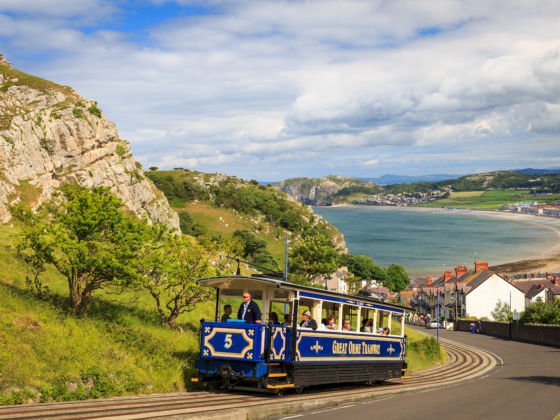BUT THOSE ‘DARK Satanic mills’ are (mainly!) a thing of the past, and green travelers will find plenty of ways to tread lightly on the soil of northwest England.
Getting Around
Visitors will quickly come to appreciate locals’ frustration with Manchester’s deregulated bus service, where the many companies serving different areas of the city often make for expensive and badly coordinated travel. But at most times of day (and in some areas, night) buses are frequent and a stop is rarely far away.
